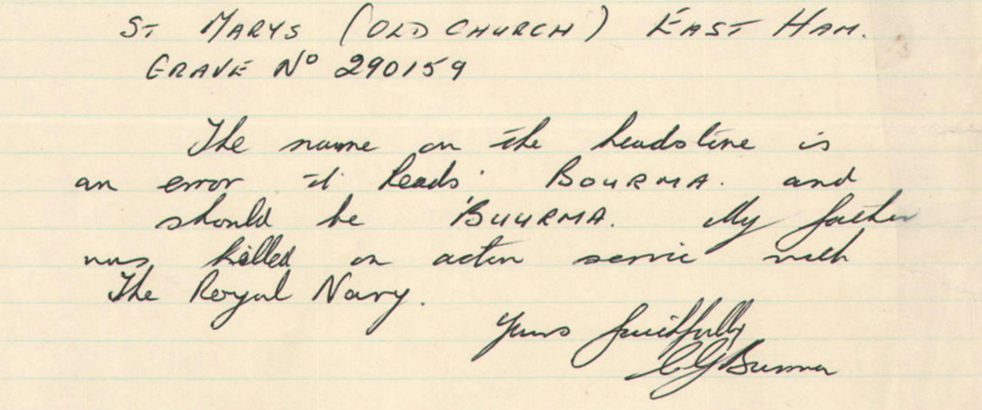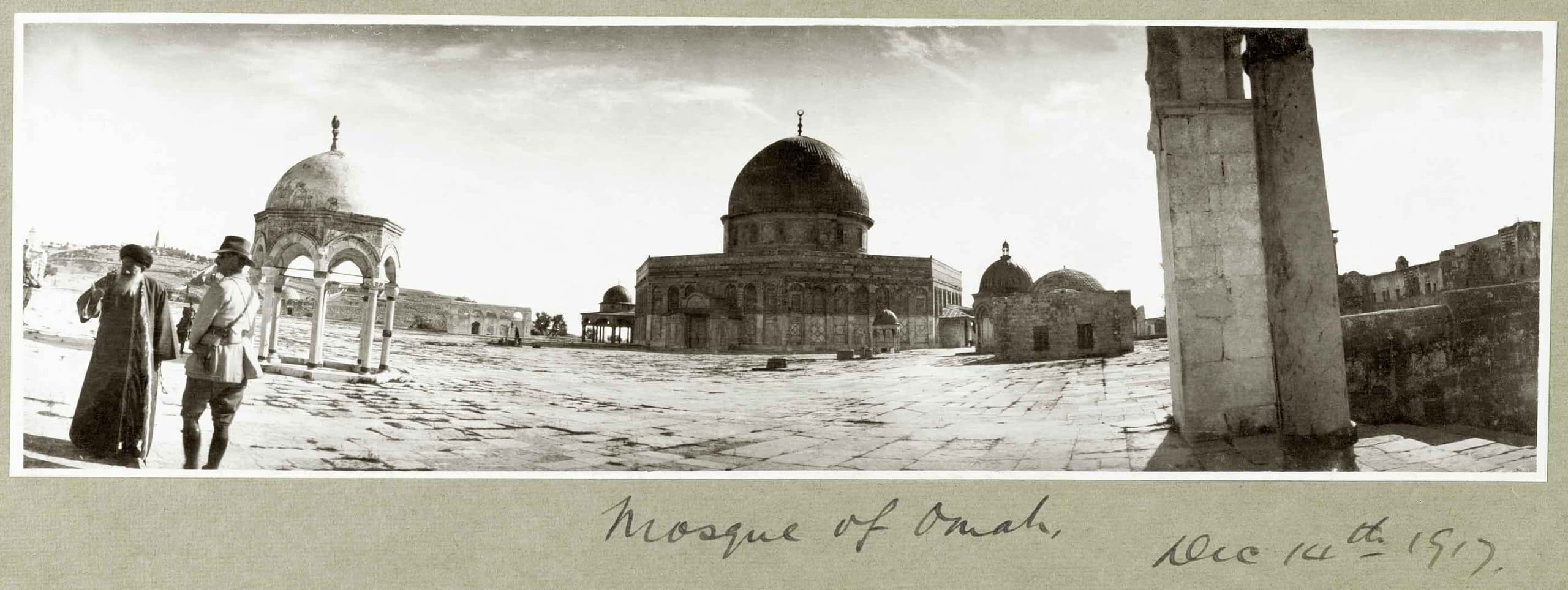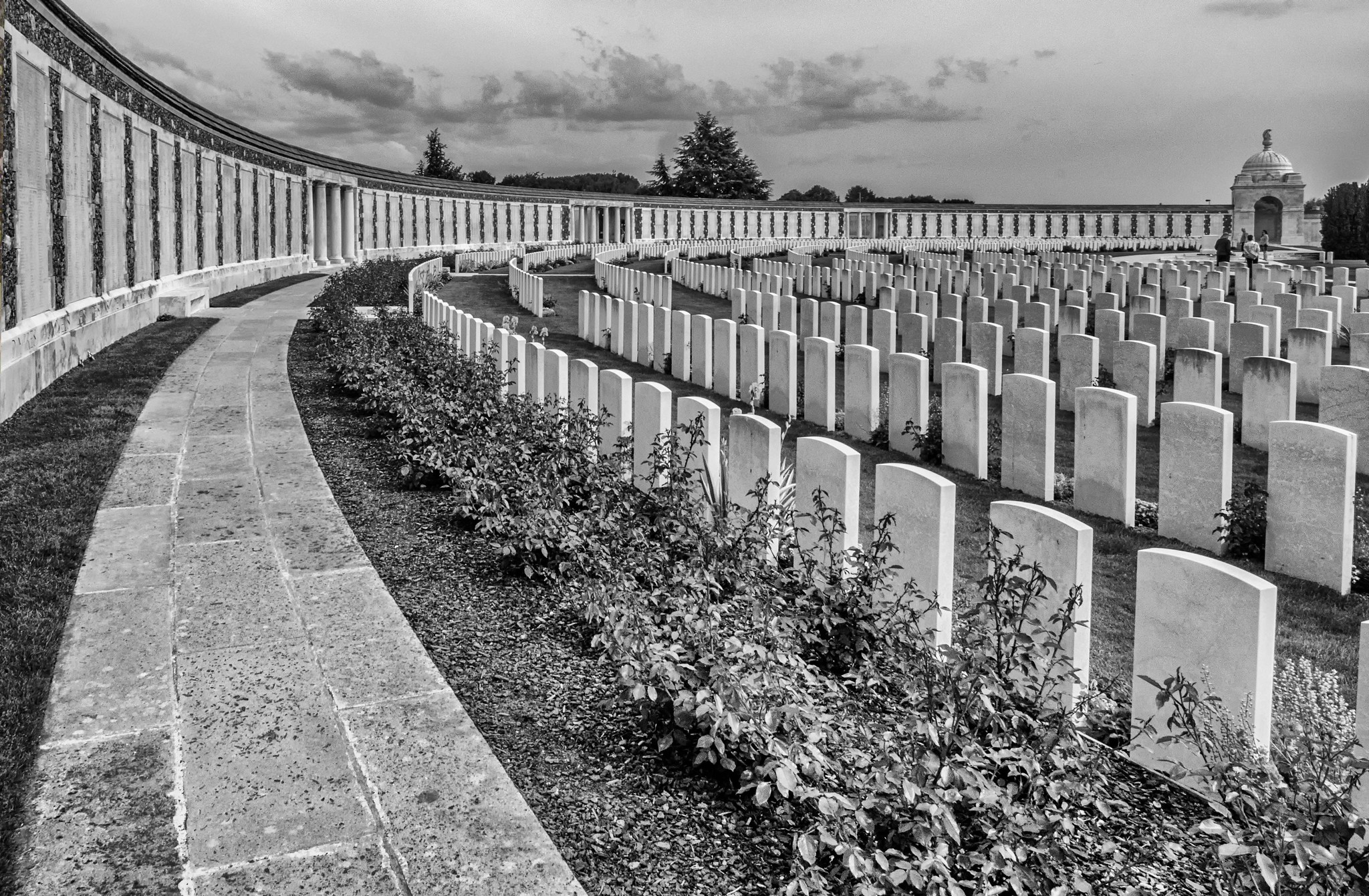Megan is a final year PhD student who, at the time of writing in November 2022, is currently completing a study of the commemoration and care of First World War dead by the Imperial (later known as Commonwealth) War Graves Commission in the United Kingdom. She also currently serves on our editorial board, and is in charge of uploading our blogs.
Leave a CommentTag: Archives
Written by Felicity Cobbing, Yasmeen Elkhoudary and Avantika Clark
As historians, we utilise various resources to conduct our research – none as important as the archives we dig around in for those all important “primary sources”. But archives are not neutral spaces. We asked the Palestine Exploration Fund to share with us the way in which they are approaching the idea of decolonisation and what it means for an institution with a colonial history.
Leave a CommentWritten by Mario Draper.
Were someone to walk into any room of historians and mention the word ‘technology’, they would undoubtedly illicit a reaction. Contrary to popular opinion, it may not always be that of fear-induced negativity, but rather an increasing acceptance of how digital media can enhance what academics already do. Teaching and research are the bread and butter of the academic profession and both are becoming increasingly entwined with the world of online dissemination. One need look no further than the importance attached to pubic engagement elements of research; much of it achieved through the streaming of events, the writing of blog posts, the recording of TV shows and podcasts, never mind the casual posts, rants, and streams of consciousness so prevalent on social media.
Leave a CommentWritten by Megan Kelleher.
As COVID-19 continues to be a key discussion point worldwide, the heritage sector is continuing to adapt to suit the needs of the public. One such organisation is the Commonwealth War Graves Commission (CWGC), who care for the graves and memorials of the 1.7 million men and women who died in the armed forces of the British Empire during the First and Second World Wars. While the CWGC’s work is often at the forefront of much of the commemorative services for key anniversaries of the two World Wars, much of the day to day work it conducts has only recently begun to be told to the public through their website and ever-increasing social media presence. Their digital output has grown dramatically in light of the current crisis, and details of a selection of some of these online resources are detailed below:
Leave a CommentWritten by Kate Docking.
In light of the closure of libraries and archives around the word, generated by the current COVID-19 crisis, many historians are now utilising online resources for research purposes. For the study of the history of war, media, society, there is a wealth of enriching digital material at our fingertips; much of which is free to access and can be used at any time, from anywhere. A selection of these resources, which include online courses, archives, journals and magazines, blogs, podcasts, and online lectures, is detailed below.
Leave a Comment




